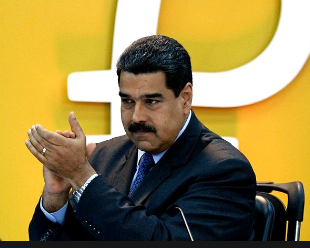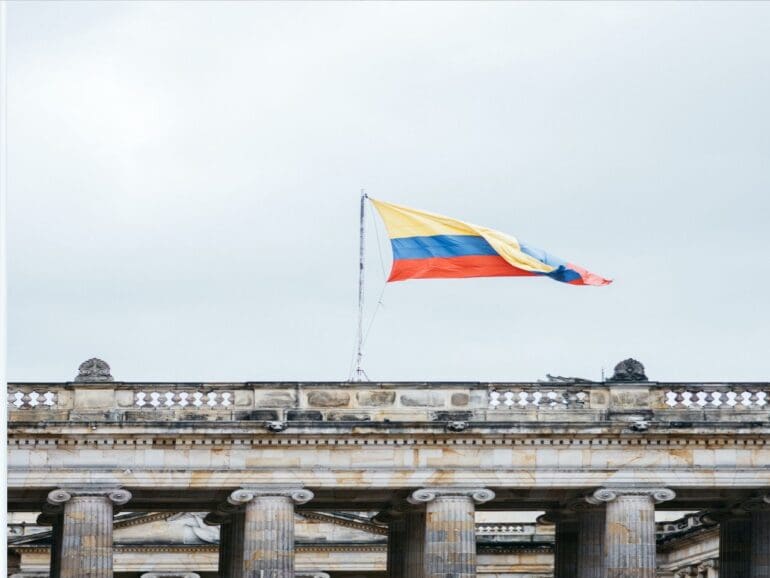Five years ago, it might have sounded like a foxy idea. Cryptocurrencies were booming, with speculators across the globe pouring funds into the new technology. On the other hand, a cash-strapped nation was looking for ways to open up new funding sources. Hence the Petro was born, Nicolas Maduro’s idea of a cryptocurrency in Venezuela.
In late 2017, the government introduced the design, which would be backed by over 5.3 million barrels of oil and gold reserves. There was some initial success. The authorities said they had received $5 billion on Petro sales. Maduro even called it a cornerstone of a recovery plan for this country submerged in crisis.
Fast forward to today, however, and Venezuela’s petro experiment is crumbling. The government overhauled the National Superintendency of Crypto Assets this year, the entity in charge of oversight, over a corruption scandal. The Petro has stopped trading in major exchanges and is little used in Venezuela’s daily transactions. Moreover, users and companies have reported failures in the cryptocurrency’s blockchain over the past year.
“Suddenly and without warning”, the petro’s blockchain, the technology that allows registering operations in that cryptocurrency, “was paralyzed, making transactions impossible,” said crypto intelligence platform Cryptoland in May.
Despite being a digital currency, Venezuela’s Petro was nowhere to be found. “It was quite surprising to see how people had to go to a bank and request a physical certificate to claim they actually owned some Petros,” said Erick Rincón Cárdenas, a fintech and crypto professor at Colombian Universidad del Rosario.
Based on its centralized nature, the limited leeway to operate Petro conspired against its success early on. “From the very beginning,” Cardenas told Fintech Nexus, “its technological base and use cases were quite enigmatic.”
International sanctions were also critical. In 2018, then-president Donald Trump signed an executive order prohibiting any financial transactions within the United States involving the Petro. Officials labeled it a “scam” orchestrated by Maduro’s government.
A U-turn on crypto in Venezuela
Moreover, the Venezuelan government started taking a restrictive approach to the sector recently. According to private U.S. crypto firm Chainalysis, the country ranks among the highest adopters of crypto technologies. But for different reasons. Citizens use stablecoins to avoid exposure to highly inflationary local currency or bypass cross-border restrictions on payments.
“In Venezuela, it is an open secret that everybody takes crypto,” said Aaron Olmos, an economist in the capital, Caracas. A weak local currency and a tax on foreign currency transactions settled in cash created a fertile ground for crypto adoption.
But following the corruption scandal involving crypto, linked to the state-run oil company PDVSA, the government took a u-turn and banned the mining industry in March. This, in practice, dealt a fatal blow to a sector that Maduro had actively supported before.

Petro Venezuela: Still some support
To be sure, some in Venezuela still back the project. “The elimination of the Venezuelan cryptocurrency would be an ill-advised decision,” Cripto Economia Venezuela, an advocacy group in the country, said in a statement. “Although price distortions and usability (failures) are notorious, it has forged an ecosystem in Venezuela. We support any possible restructuring that recovers its value.”
Nobody knows for sure what is going to happen with the Petro.
“There is no public information on its evolution, and little is known about its usability,” said Cardenas. However, one thing was sure. “The Venezuelan economy has not resolved its inflation problem.”


